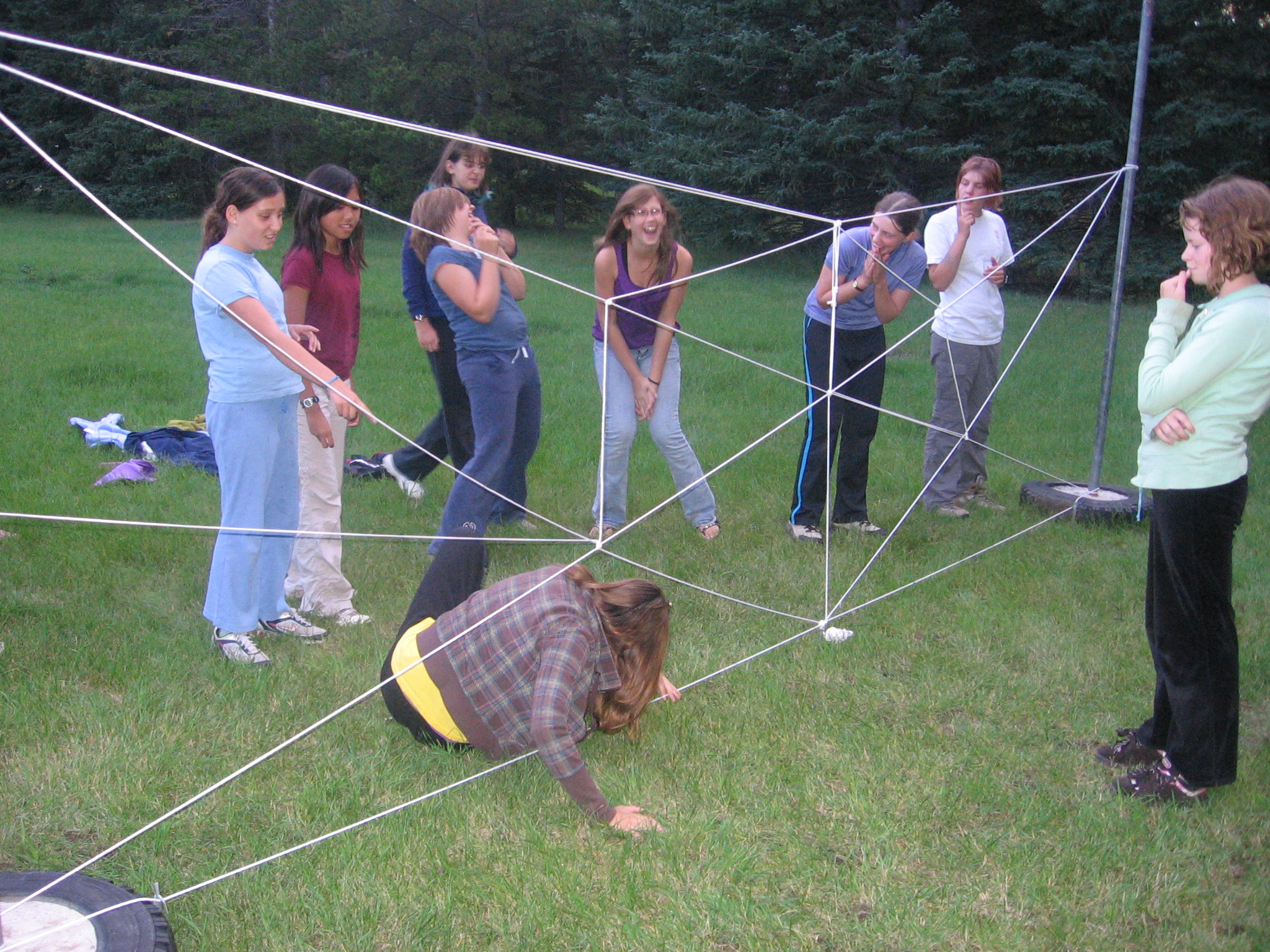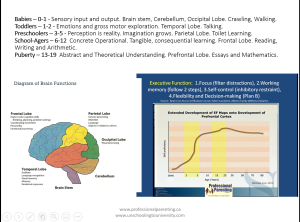

How does unschooling work when a child is a teenager and is beginning to choose a career path? Many people are fine letting young children play away their day, but what about when the time comes to start thinking about their life’s work? And what if that passion is a STEM career? Good question!
Many children begin to imagine what they would do for their life work beginning around puberty and may begin the process of informally exploring careers and pathways. Not every child will follow this example, but the seeds of curiosity begin to germinate in the teen years. Let’s take an example from one of the Team of Thirty profiled in the book, Unschooling To University. Josh is 16 years old. He has had no formal schooling and loves spending his days with his cat, meeting up with other unschooling buddies for movies and lunch, reading all kinds of genre, tinkering with game mods and playing Fortnite. By following his passions, Josh has decided on a career. He passionately wants to be a software engineer. He has seen what they do by talking to family friends and people he knows that work in the industry. Let’s say he lives in Canada. Now what?
Josh looks up several Canadian university requirements for engineering and needs grade 12 level English, Social Studies or History, Pure Math, Calculus, Physics and Chemistry for university entrance of a four-year software engineering degree.
What he can do:
- Apply to a community college and get his first-year humanities requirements now. They might transfer to his first year at university, depending on the university regulations. He could then enroll in distance education, online, or an adult upgrading school for grade 10, 11 and 12 Math, in addition to Physics and Chemistry. Four courses per year is doable. He could take the calculus requirement in first year university. By 18 years, he would be ready to apply to universities.
- Wait until he is “mature status” and get his humanities requirements by challenging exams to document what he has already learned. He has done extensive reading and discussions of social issues with his friends and is already quite versed in literature, government and social issues. While he is waiting until he is a “mature status age” (the exact age depends on the school), he can practice writing essays and take the above required math and sciences at an adult upgrading school, online, or distance education.
- Begin self-study now in all the subject areas. He could do all of number 2 above by working through the textbooks, and/or hiring a tutor, or checking out Kahn Academy online if he needs help. At mature status age, he could write the diploma, SAT or ACT exams for English, Social, Math, Chemistry and Physics.
The science behind accelerated learning
When young people choose a career path, many people think that the unschooled kids must catch up on 12 grades of education. However, we forget that the brain has been working all those years processing, acquiring and synthesizing information. By age 16, the brain is in the final stages (until age 25) of maturing the pre-frontal cortex. The teenager’s neuro capacity to reason, think critically and abstractly, plan, make-decisions and implement self-control (motivation) is ramping to its peak performance. Unschooled kids are not uneducated. Josh has spent 16 years reading, theorizing, writing, learning and understanding science, history and math in the real world through experiential education. He may need some practice applying it to paper, but that is what high school courses are for. That may take 1-3 years depending on the jurisdiction he lives in. It goes by fast. Meanwhile, the love of learning and curiosity has been preserved.
I know what you are thinking…math is linear and builds upon previous knowledge. How can Josh possibly do 10 grades of math in math 10? The answer is that Josh is not starting from grade one. He has acquired previous knowledge. Josh has learned 16 years of math experientially. He has baked, shopped, checked the weather, built a project, mailed a package and played Battleship. He has learned addition, subtraction, multiplication, division, measurement, fractions and decimals as well as integers and coordinates experientially through just living his live and going about his activities. He may need a four-month math 10 prep course to transfer his mental math learning, to working out math calculations on paper, but when he is ready, he will learn fast. It’s hard for parents to look ahead at their child and imagine what they will be like when they are older. Many parents look at their six-year-old child and can’t imagine how capable and smart their child will be at 16 years, without any formal education.
Unschooled kids are not catching up on knowledge but are synthesizing that knowledge by switching to a different track – one that requires more output/demonstration of what they already have learned. Josh knows how to calculate volume of a package but may not have been required to calculate it on paper with demonstrable steps. At age 16, never being in structured education, Josh is excited to try it, when quite a lot of his school friends are burning out from 13 years of coerced learning (possibly including 3 years of preschool). If Josh is motivated and software engineering is his passion, nothing will stop him. Nothing!
For more information about unschooling STEM, join our worldwide facebook group:
Judy Arnall is a child development expert and the bestselling author of Unschooling To University: Relationships matter most in a world crammed with content. Visit her at http://www.unschoolingtouniversity.com


This is a great, encouraging post. Thank you for sharing!
LikeLike
You’re welcome!
LikeLike
In Ontario, Homeschoolers can take the Mature student test anytime after the age of 12, and younger people have been accepted in unique situations.
LikeLike
Good to hear.
LikeLike
Pingback: Children Will Learn Calculus When They Really Need It | Unschooling To University (And College Too)